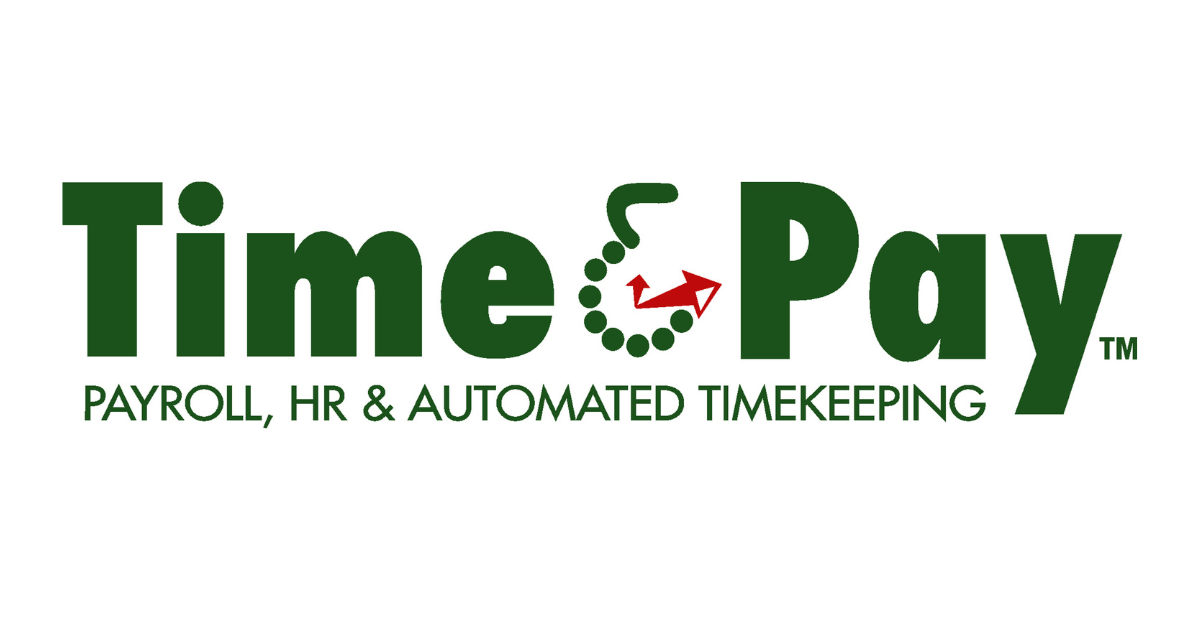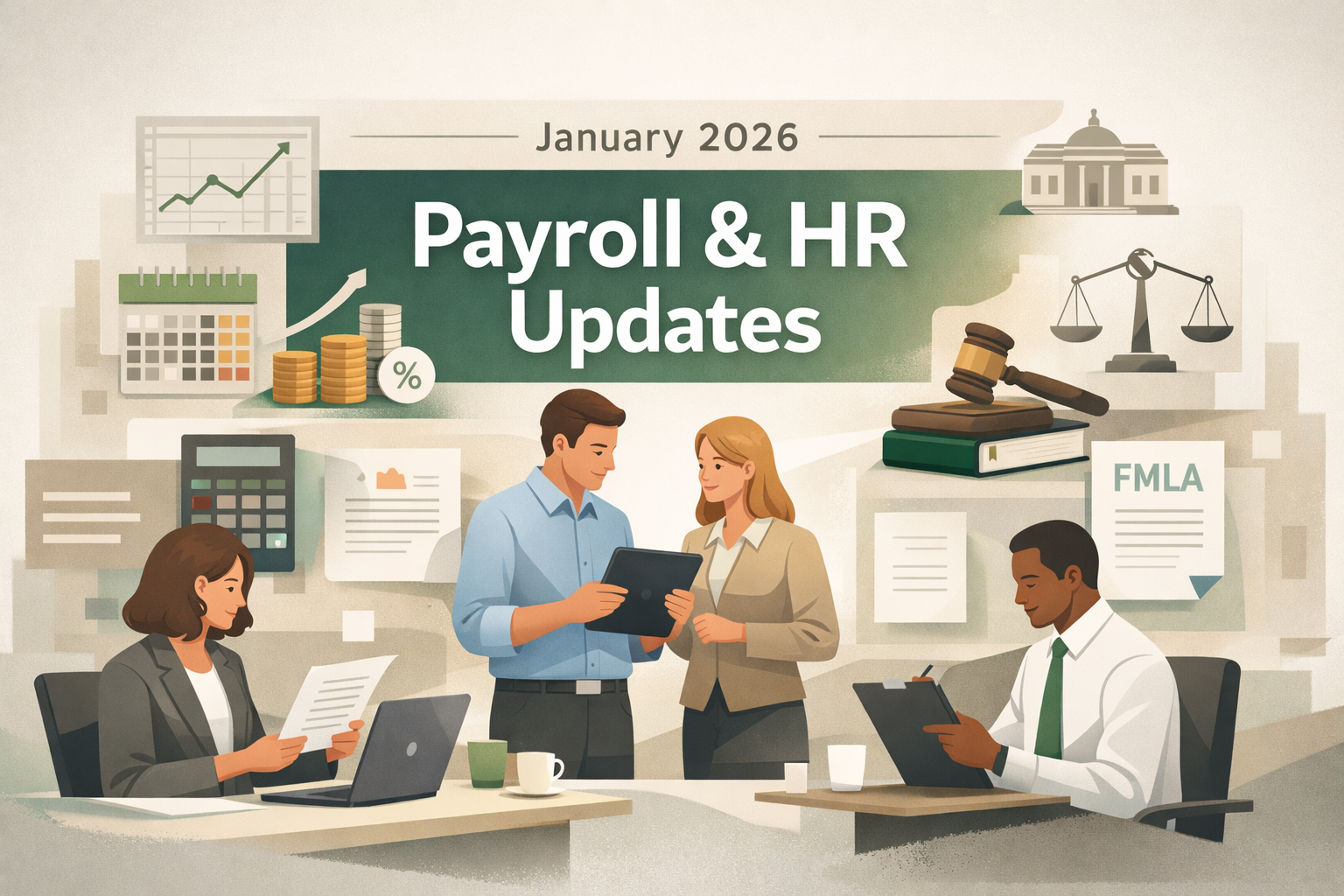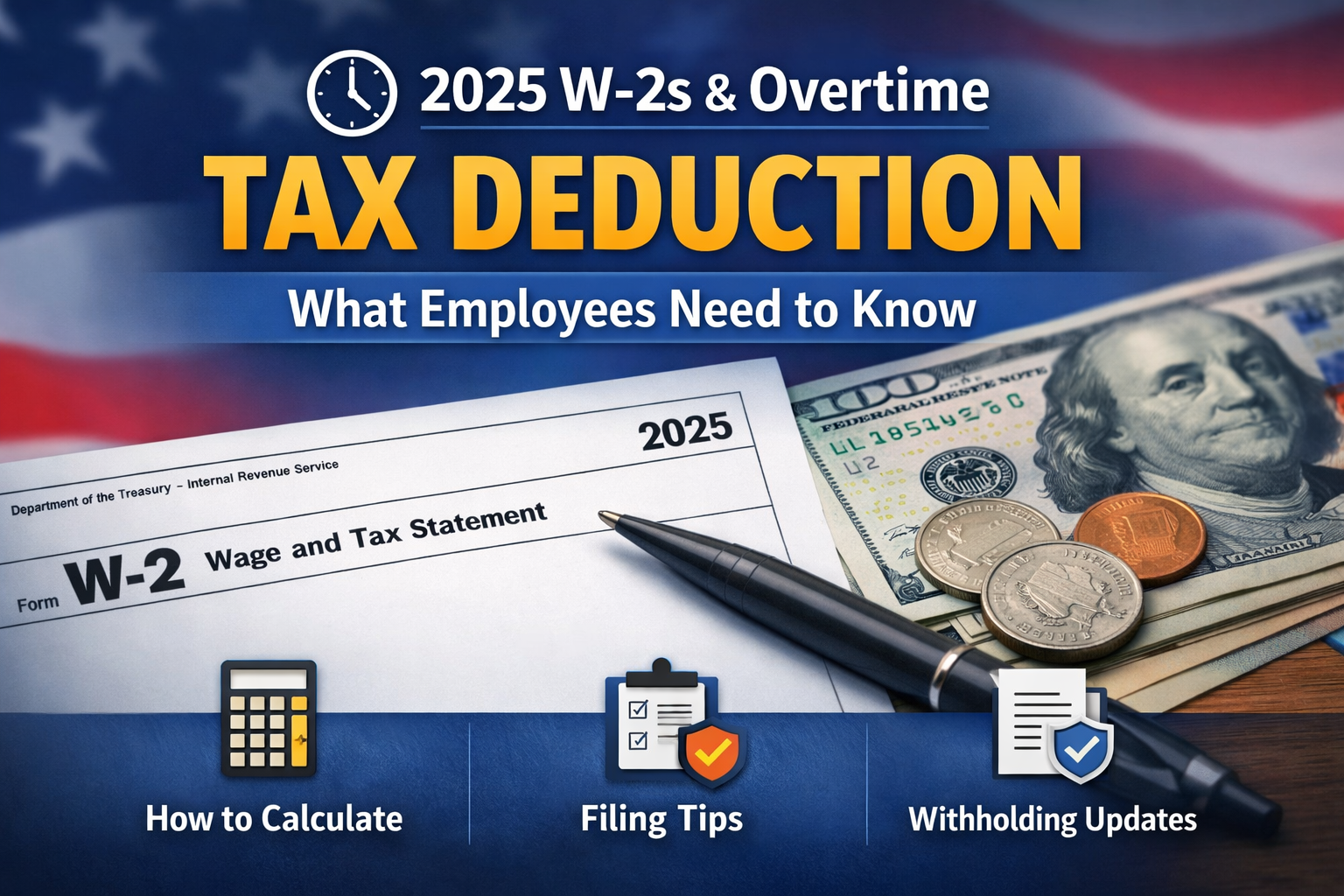Introduction: The Benefits and Importance of Payroll Outsourcing
For small business owners and entrepreneurs, payroll management can be a complex and time-consuming task. Outsourcing payroll is an increasingly popular solution, offering expert assistance that can save time, reduce stress, and ensure payroll tax compliance. However, when considering this option, it is crucial to understand the importance of selecting a provider who guarantees payroll tax compliance and takes responsibility for any issues that may arise. This can protect your business from costly penalties and ensure smooth operations.
Why Payroll Compliance Matters
Outsourcing payroll is not just about convenience; it’s about ensuring that your business adheres to all payroll tax regulations. Non-compliance can lead to significant penalties from the IRS, which can be both financially burdensome and damaging to your business’s reputation. "If you're considering working with a bookkeeper or an accounting firm or a payroll provider you need to ask yourself, do they guarantee compliance?" This question is vital, as it underscores the importance of selecting a provider who prioritizes adherence to tax laws.
Selecting a Payroll Provider: Key Questions to Ask
When evaluating potential payroll providers, it’s essential to ask specific questions to ensure they can deliver on their promises of compliance and accuracy. Here are some critical questions to consider:
Do you guarantee compliance with all applicable payroll tax regulations?
Ensuring that the provider guarantees compliance is the first and most important step in the selection process. A provider who commits to this will have protocols in place to stay updated on all relevant laws and regulations.
What steps do you take to ensure accuracy and prevent errors?
Understanding the provider’s process for maintaining accuracy is crucial. Ask about their quality control measures and how they handle potential errors. A reliable provider will have robust systems in place to minimize the risk of mistakes and ensure precise payroll processing.
What happens if the IRS issues a penalty or notice? Who is responsible for resolving the issue and paying any penalties?
This question addresses responsibility and liability, which is a significant concern when outsourcing payroll. "If I receive a penalty from the IRS or a notice from the IRS, who's going to resolve that issue and who's going to pay that penalty?" A trustworthy provider should take accountability for errors and be proactive in resolving any issues that arise.
Conclusion: Ensure Due Diligence and Protection
Selecting the right payroll provider is a critical decision that can impact your business’s financial health and compliance status. By asking the right questions and ensuring that your provider guarantees compliance and accuracy, you safeguard your business against potential penalties and issues with the IRS.
In conclusion, it is essential to conduct thorough research and select a reputable payroll provider who will take responsibility for compliance and any related concerns. If you are considering outsourcing your payroll, contact a trusted professional to guide you through the process and help you make an informed decision.




